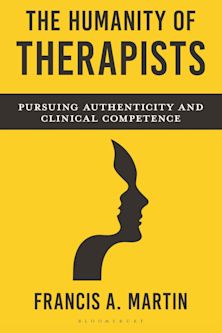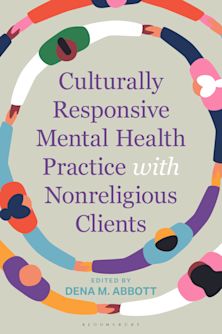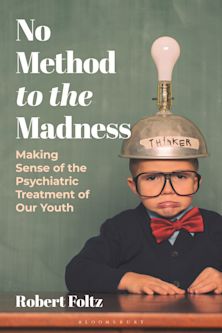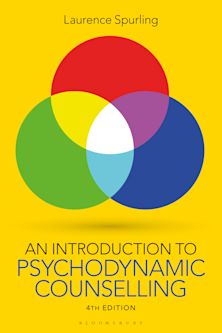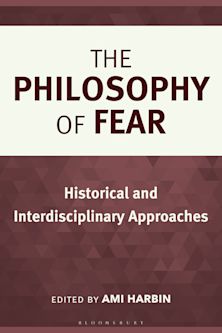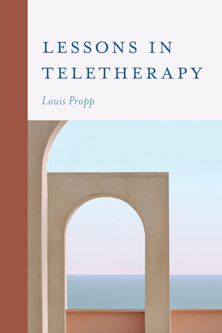- Home
- ACADEMIC
- Psychology
- Psychotherapy & Counselling
- Good Stuff
Good Stuff
Courage, Resilience, Gratitude, Generosity, Forgiveness, and Sacrifice
Good Stuff
Courage, Resilience, Gratitude, Generosity, Forgiveness, and Sacrifice
You must sign in to add this item to your wishlist. Please sign in or create an account
Description
Good Stuff is divided into two main parts; Part I addresses Positive Attributes and Part II, Positive Actions. The former contains chapters on Courage, Resilience, and Gratitude. The latter contains chapters on Generosity, Forgiveness, and Sacrifice. Together, the six chapters constitute a harmonious gestalt of the relational scenarios that assure enrichment of human experience. This book offers socioclinical meditations to temper Freud’s view that human beings are essentially ‘bad’ and whatever goodness they can muster is largely defensive. By elucidating the origins, dynamics, social pleasures, and clinical benefits of courage, resilience, gratitude, generosity, forgiveness, and sacrifice, this book sheds light on a corner of human experience that has remained inadequately understood by psychoanalysts and other mental health professionals.
Table of Contents
Preface
Part I: Positive Attributes
1. Courage
2. Resilience
3. Gratitude
Part II: Positive Actions
4. Generosity
5. Forgiveness
6. Sacrifice
Notes
References
Index
About the Author
Product details
| Published | Dec 27 2012 |
|---|---|
| Format | Ebook (PDF) |
| Edition | 1st |
| Extent | 1 |
| ISBN | 9798216238584 |
| Imprint | Jason Aronson, Inc. |
| Publisher | Bloomsbury Publishing |
About the contributors
Reviews
-
With his usual clarity, thoroughness, and acknowledgment of others' contributions, Salman Akhtar advances our understanding of positive actions and attributes in Good Stuff. For those working with psychodynamic treatment, his case vignettes and his deep appreciation of the natural goodness in human beings is an added bonus!
Peggy Hutson, MD, Florida Psychoanalytic Society
-
Contrary to what its title suggests, this is not a self-help book but a relatively dense psychoanalytic exploration of its subject matter. Akhtar (psychiatry, Jefferson Medical College) draws primarily on classic psychoanalysts (e.g., Karl Abraham and Melanie Klein), more recent contributors to the field (e.g., Donald Winnicott), his own clinical experience, and other sources, while also making references to popular culture and thinkers outside the psychoanalytic movement. Although the writing is quite technical, the book is well written and will appeal to anyone interested in the topics addressed. For example, the discussion of courage in patients and psychotherapists is compelling. This book exemplifies the strength and limitations of relatively orthodox psychoanalytic theorizing and practice: provocative and experientially grounded insights are intermixed with assertions based on assumptions accepted within the psychoanalytic community but less than self-evident to psychotherapists with other orientations. Summing Up: Recommended.
Choice Reviews












